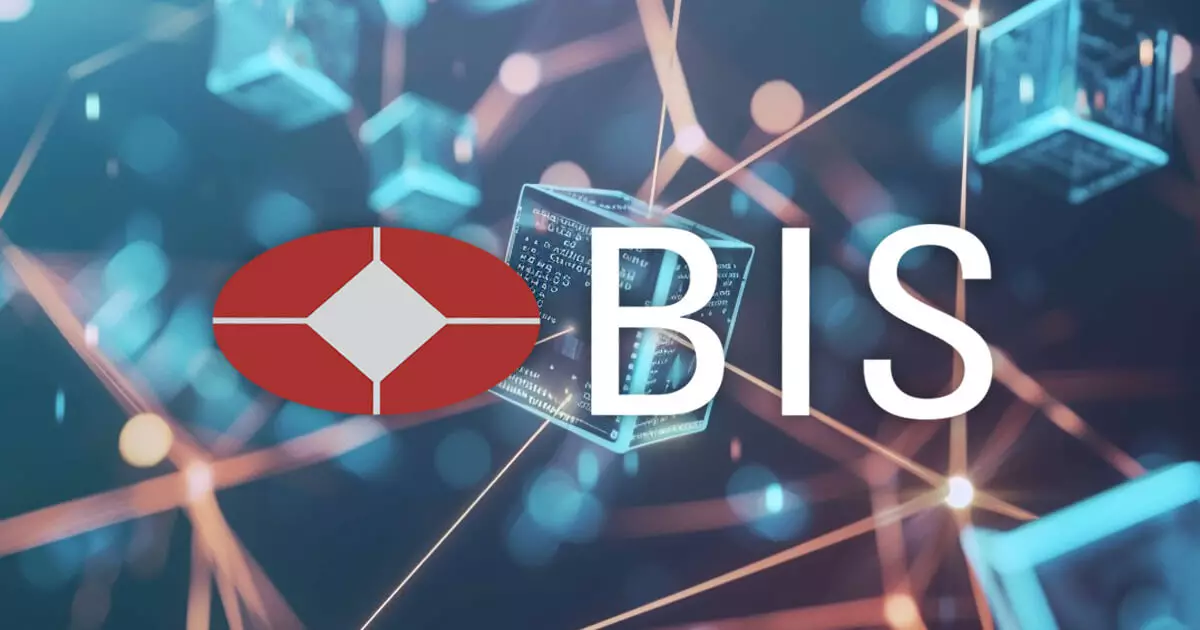In an increasingly interconnected global economy, the facilitation of cross-border transactions remains a daunting challenge. Diverse regulatory frameworks across jurisdictions create significant barriers for financial institutions, often resulting in compliance-related delays, elevated costs, and complex processes. The Bank for International Settlements (BIS), along with central banks from Australia, Korea, Malaysia, and Singapore, has sought to address these challenges through an innovative initiative known as Project Mandala. This project symbolizes a proactive approach to standardizing compliance in international financial dealings and enhancing operational efficiencies.
Launched under the auspices of the BIS Innovation Hub Singapore Centre, Project Mandala emphasizes the necessity of collaborative mechanisms among central banks to tackle the complexities of cross-border regulation. By pooling resources and expertise, the participating countries aim to create a framework that not only meets existing compliance requirements but also adapts to future regulatory landscapes. This collaboration underscores the growing recognition that isolated efforts are insufficient to address the intricate nature of global financial transactions.
At the heart of Project Mandala lies a sophisticated technological infrastructure designed to streamline compliance processes. The initiative adopts a compliance-by-design philosophy, embedding regulatory checks directly into the transaction workflow, thereby ensuring that privacy and compliance standards are maintained. This innovative approach significantly reduces the latency often associated with regulatory compliance, allowing transactions to be processed with increased speed and efficiency. The incorporation of automation and real-time reporting enhances the transparency of country-specific policies for regulators and participants alike.
The backbone of Project Mandala is its decentralized system, which features a peer-to-peer messaging framework, a rules engine, and a robust proof engine. This architectural design ensures that compliance checks are performed before any cross-border payment is initiated. Once these checks are completed successfully, the Mandala system generates proof of compliance, attaching it to any digital asset or payment instructions that traverse borders. Such an arrangement not only simplifies the compliance verification process but also fosters trust among stakeholders by providing concrete evidence of adherence to regulations.
Moreover, Project Mandala is explicitly designed to seamlessly integrate with both current financial infrastructures, such as SWIFT, and emerging digital asset settlement systems, including wholesale central bank digital currencies (CBDCs). This dual capability significantly enhances the project’s adaptability in a rapidly evolving financial landscape, positioning it as a potential catalyst for future advancements in cross-border payments. Furthermore, the implementation of programmable compliance within Mandala allows for the embedding of regulatory principles directly into smart contracts, paving the way for more dynamic and responsive transaction environments.
The Road Ahead: A Paradigm Shift in International Finance
As Project Mandala progresses, it stands to potentially transform the very fabric of cross-border transactions. By minimizing compliance complexities and reducing costs, it not only aligns with G20 objectives but marks a significant leap toward an efficient and compliant global payment ecosystem. The commitment to maintain regulatory integrity while embracing innovation positions Project Mandala as a remarkable initiative that could set new standards for international finance in the years to come. As central banks continue to explore and implement solutions like Mandala, the landscape of cross-border transactions is on the brink of a profound transformation that promises increased efficacy and transparency.

